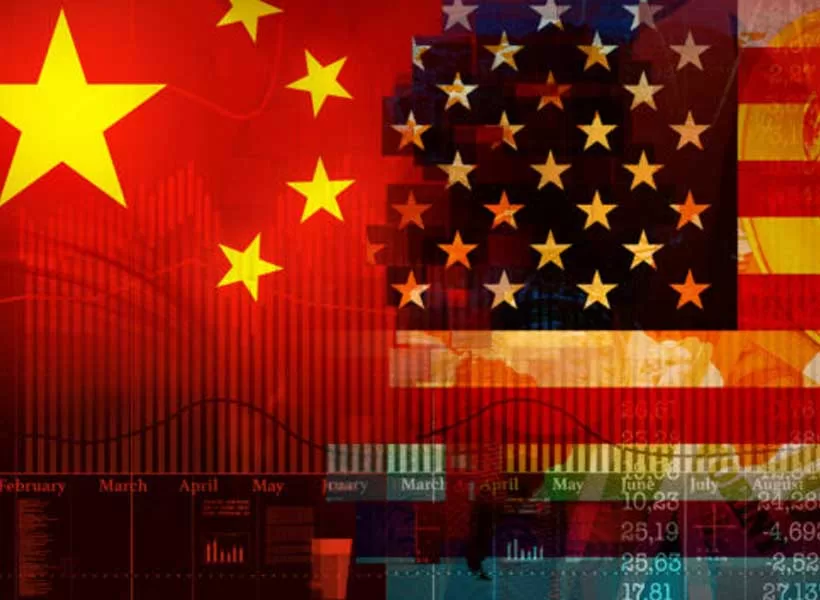China and the United States are set to resume high-level trade talks in Malaysia from Friday as both sides work to contain a sudden surge in tensions ahead of a crucial leaders’ summit in South Korea. Chinese Vice Premier He Lifeng will meet U.S. Treasury Secretary Scott Bessent and Trade Representative Jamieson Greer during his visit to attend an ASEAN summit from October 24 to 27.
The renewed strain in ties comes after Beijing expanded curbs on rare earth exports critical materials used in electronics and defense in retaliation for Washington’s decision to blacklist more Chinese companies from purchasing U.S. technology. The move has reignited fears of another trade war just as the two powers had shown tentative signs of improvement in recent months.
Why It Matters
These talks carry significant global implications. The world’s two largest economies are deeply interlinked, and renewed hostilities threaten to disrupt global supply chains, technological cooperation, and regional stability. Both Washington and Beijing are under pressure to prevent economic confrontation from spilling into diplomatic isolation ahead of the scheduled Trump-Xi summit.
The flare-up also underscores the fragility of U.S.-China relations. Despite earlier progress including a successful TikTok-related deal at a Madrid summit and a constructive Trump-Xi call in September the latest export and sanctions measures have quickly derailed the momentum toward reconciliation.
The main negotiators, He Lifeng, Scott Bessent, and Jamieson Greer, are expected to focus on two issues: China’s rare earth export restrictions and U.S. curbs on technology access. These topics strike at the heart of both countries’ strategic priorities industrial self-sufficiency for China and tech security for the U.S.
Southeast Asian nations, particularly Malaysia as the host, are watching closely. They stand to benefit economically if tensions ease but risk becoming collateral in any escalation, as both superpowers compete for influence in the region. Meanwhile, global markets are bracing for volatility, with tech and manufacturing sectors especially vulnerable to disruptions.
What’s Next
The Malaysia talks are being seen as a last attempt to restore calm before the Trump-Xi summit next week in South Korea. Both sides are expected to seek at least a symbolic agreement to keep communication channels open, though a comprehensive deal is unlikely given the current mistrust.
If the talks fail, trade and diplomatic friction could deepen, potentially leading to expanded sanctions or retaliatory measures that reverberate across Asia. For now, the focus is on whether Washington and Beijing can manage their rivalry without derailing global economic stability.
With information from Reuters.
